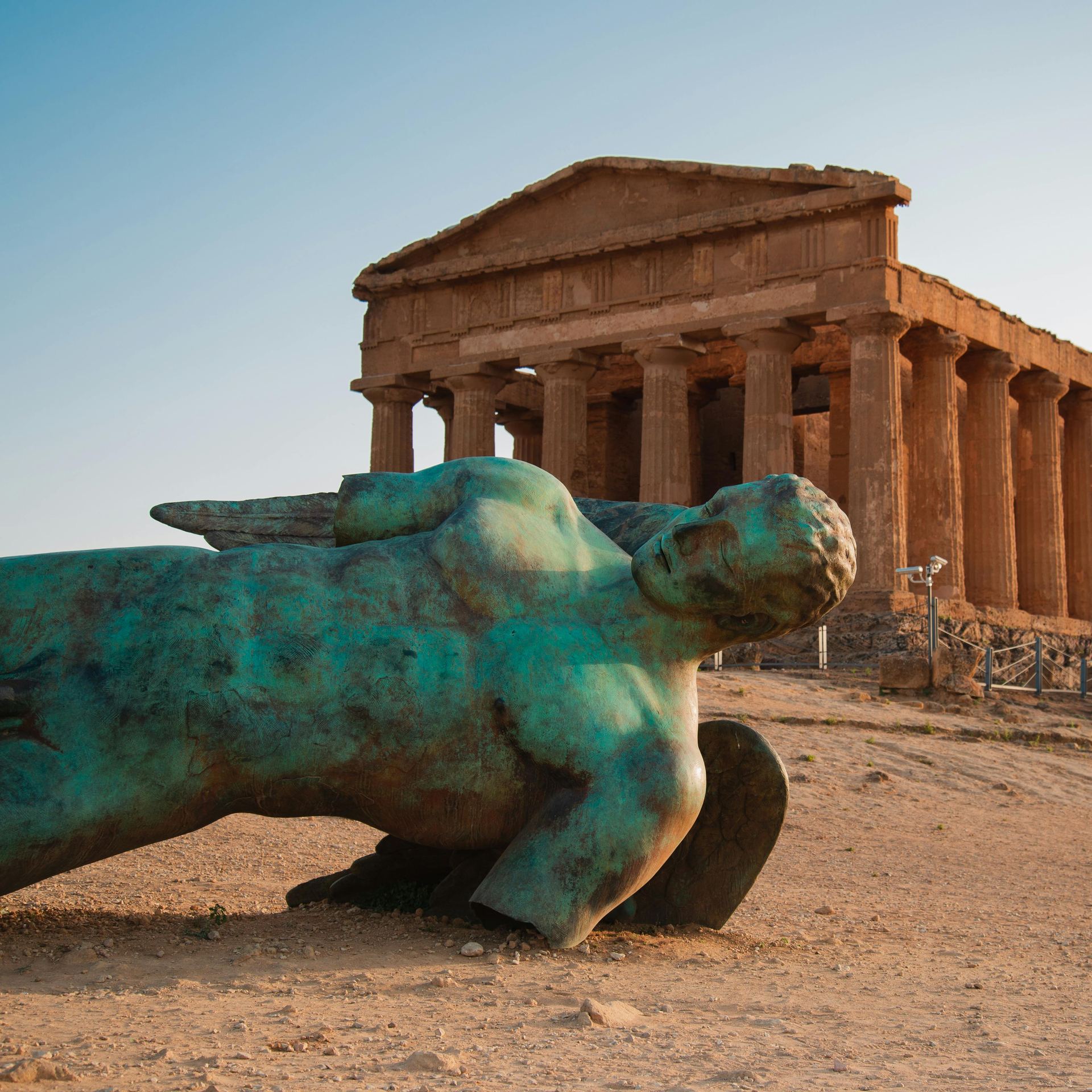📚Introduction and Page Summary
Welcome to the definitive resource on the Shakespeare authorship debate: 'Shakespearean Authorship: The Case for Stratfordianism' by Samson Harper. This book dives into one of literature's most intriguing controversies—whether William Shakespeare of Stratford-upon-Avon was the true author of the works attributed to him. In an era filled with theories questioning Shakespeare's authorship, Harper provides a rigorous defense supported by meticulous research and substantive historical evidence. This landing page will guide you through key arguments, including the exposition of historical records, literary and stylistic analyses, and testimonies that support Shakespearean authorship. Whether you're a passionate literature enthusiast, a diligent scholar, or a curious student, this page aims to offer valuable insights and enrich your understanding of this ongoing debate. Embark on a journey into the heart of this mystery and discover why this book is an essential read for anyone interested in the legacy of one of the greatest writers in the English language.eywords: Shakespeare authorship, Stratfordian case, literary analysis, historical evidence, Samson Harper, classic literature
🔍Exploring the Evidence 📚
In 'Shakespearean Authorship: The Case for Stratfordianism,' Samson Harper delves deeply into the intricate arguments surrounding the authorship of Shakespeare's works. At the heart of the debate lies a division between Stratfordians, who credit William Shakespeare of Stratford-upon-Avon as the true author, and anti-Stratfordians, who propose various alternative candidates such as Christopher Marlowe, Edward de Vere, and Francis Bacon. Harper's work meticulously dissects each anti-Stratfordian claim, leveraging a robust compilation of historical documentation and literary analysis.
Historical Records: Harper presents compelling evidence from historical documents, including Shakespeare's marriage certificate, will, and references to him by contemporaries, that firmly establish his existence and role as a playwright. Literary and Stylistic Evidence: Through detailed textual analysis, Harper illustrates the consistency in writing style, themes, and linguistic fingerprints that align with Shakespeare's known works. Testimonies from Contemporaries: Testimonies and tributes from contemporaries such as Ben Jonson and John Heminges validate Shakespeare's authorship, offering first-hand accounts and praises from those who knew him personally.
This rigorous defense reinforces the traditional viewpoint, affirming that the man from Stratford-upon-Avon is indeed the true author of the timeless masterpieces attributed to him.
📖Analyzing Anti-Stratfordian Theories
Beyond defending William Shakespeare as the true author, Samson Harper critically examines the various theories proposed by anti-Stratfordians. These skeptics argue that Shakespeare lacked the education, aristocratic influence, and life experience necessary to write such profound works. Harper counters these claims through evidence-based arguments and scholarly critique.
Examination of Key Theories:
Christopher Marlowe Theory: Harper dissects the notion that Marlowe, an established playwright who supposedly faked his own death, authored Shakespeare's works. He showcases inconsistencies in timelines and stylistic differences that challenge this theory.
Edward de Vere Theory: The hypothesis that Edward de Vere, the Earl of Oxford, wrote under a pseudonym is scrutinized through an analysis of de Vere's own works; Harper elucidates significant disparities in writing style and thematic content.
Francis Bacon Theory: By comparing Bacon's known philosophical and scientific writings with Shakespeare's oeuvre, Harper underlines the lack of concrete evidence linking Bacon to the plays and poems.
Throughout his examinations, Harper illustrates how each alternative theory falls short of providing compelling evidence, thereby strengthening the case for Shakespeare of Stratford-upon-Avon. This section serves as a critical counterpart to the Stratfordian defense, offering readers a comprehensive understanding of the authorship question.


